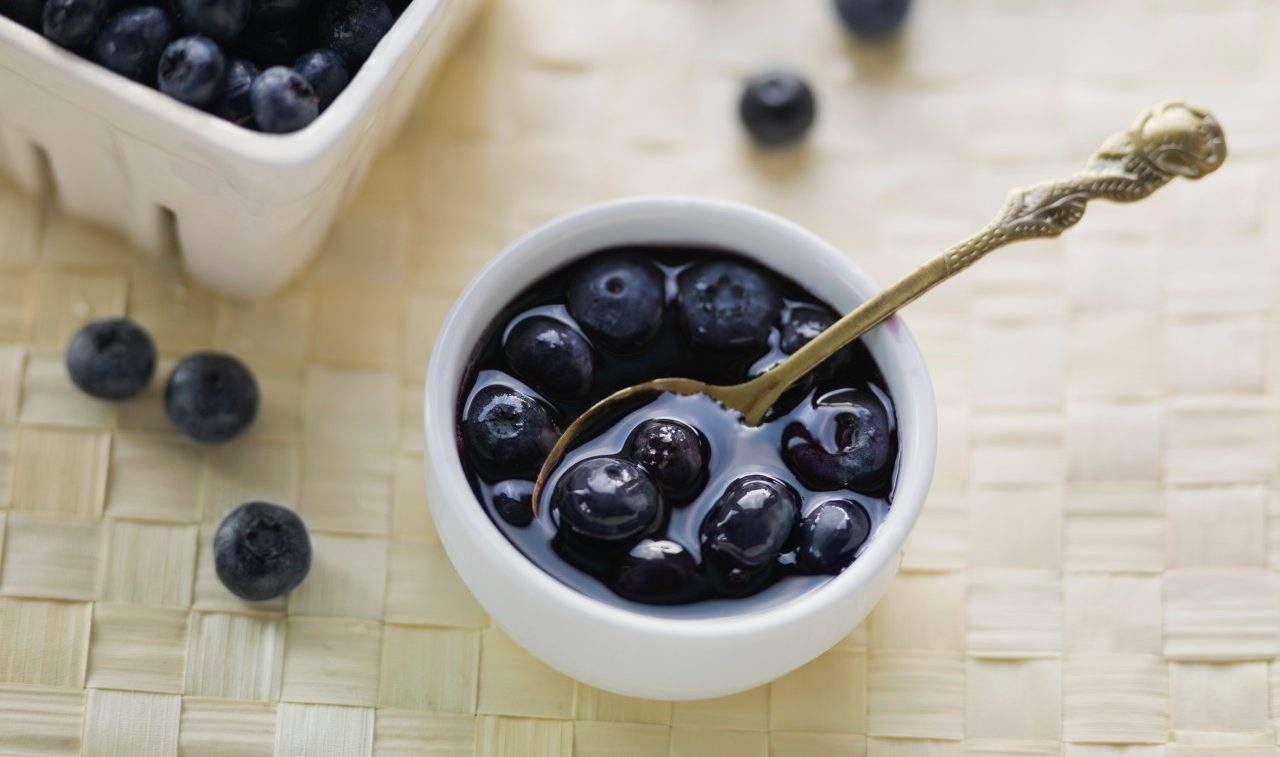What Exactly Are Antioxidants?

What these vital nutrients are and why your body needs them.
There’s a lot of talk about antioxidants recently. Beauty products boast about the antioxidants they contain. Health magazines suggest ways to add them into your diet. They’re the newest super-something, but no one ever specifies what they are or why you need them.
So what exactly are antioxidants, and are they as important as everyone says?
YOU MIGHT ALSO LIKE: Do Spicy Foods Help You Live Longer?
Nutrients you need
Antioxidants are a category of nutrient found in plants. They include vitamins A, C, and E, catechins, beta-carotene, and lycopene, though there are many others as well. The Journal of Agriculture and Food Chemistry tracks common fruits and vegetables that are high in antioxidants; these include (ranked from highest to lowest amount of antioxidants per serving):
| Fruits | Vegetables | |
|---|---|---|
| 1 | prune | garlic |
| 2 | blueberry | kale |
| 3 | blackberry | spinach |
| 4 | strawberry | Brussels sprout |
| 5 | plum | alfalfa sprout |
| 6 | orange | broccoli |
| 7 | red grape | beet |
| 8 | kiwi | red bell pepper |
| 9 | pink grapefruit | onion |
| 10 | white grape | corn |
| 11 | banana | eggplant |
| 12 | apple | cauliflower |
| 13 | tomato | cabbage |
| 14 | pear | potato |
| 15 | honeydew melon | sweet potato |
Both green and black tea also have high levels of antioxidants; in fact, the journal reports that both types of tea have more antioxidants per serving than any of the vegetables they tested.
What makes them so important? Antioxidants are vital for your health because of how they interact with free radicals.
Free radicals and cancer
Your body is made up of atoms, which combine together to form the molecules that make up all your cells. Every atom contains a certain number of electrons, or negatively charged particles. For the most part, these atoms are stable.
A free radical forms when an atom either gains or loses an electron, becoming less stable. This is known as oxidation; it’s the same process that makes metals rust and bananas turn brown. Many natural processes in your body require free radicals, so this is not always a bad thing.
When your body develops too many free radicals, however, they can damage other cells, from your skin to your DNA. These high levels of free radicals develop for many reasons, including exposure to environmental factors such as direct sun, tobacco smoke, pesticides, and radioactive materials.
YOU MIGHT ALSO LIKE: Functional Foods May Replace Your Doctor’s Prescription Pad
Antioxidants balance out the oxidation that happens in your body, preventing the formation of too many free radicals. This protects every part of your body, from slowing down the damage that ages your skin to preventing inflammation in your gastrointestinal tract.
Most significantly, because antioxidants help prevent changes in cells, there is scientific evidence that a diet high in antioxidants can help reduce the mutations that lead to cancer cells. Though further studies are needed to establish the exact role antioxidants play in preventing cancer, the majority have confirmed that diet is a factor in preventing the levels of oxidation that can lead to the growth of cancer cells.
Getting your antioxidants
The best way to get your antioxidants is to eat a diet rich in fruits and vegetables; aim for five to nine servings of fresh produce per day. Your body breaks down the nutrients in these fruits and vegetables and uses them to protect cells throughout your body. Bright pigments ㅡ such as purple, red, yellow, green, and orange ㅡ usually indicate high levels of antioxidants, so aim for a mix of colors in your produce to get all the nutrients you need.
Certain high-antioxidant foods have even been linked to cancer prevention; if you are at high risk for developing cancer, it might not be a bad idea to include these in your weekly diet.
When it comes to your skin, a diet rich in fruits and vegetables will help protect against premature ageing and sun damage (though you should still always wear sunscreen to protect yourself as well). Many anti-ageing products, such as serums and moisturizers, have added antioxidants as well to help protect your skin, and some studies have shown that these are moderately effective.
What about supplements? If eating antioxidant-rich foods is good for your health, then taking antioxidant supplements must also be a good idea, right?
The evidence, it turns out, is mixed. Some studies have shown that taking antioxidant supplements might protect against lung, prostate, and stomach cancers. Other studies, however, found that taking beta-carotene supplements might increase the growth of cancer cells in men and women already at risk.
Until more research is done, it’s safest to rely on the antioxidants that occur naturally in fruits and vegetables if you are at risk for cancer. And as always, report any supplements you are using to your doctor, especially if you are being treated for cancer or other chronic diseases.
Updated:
April 09, 2020
Reviewed By:
Christopher Nystuen, MD, MBA